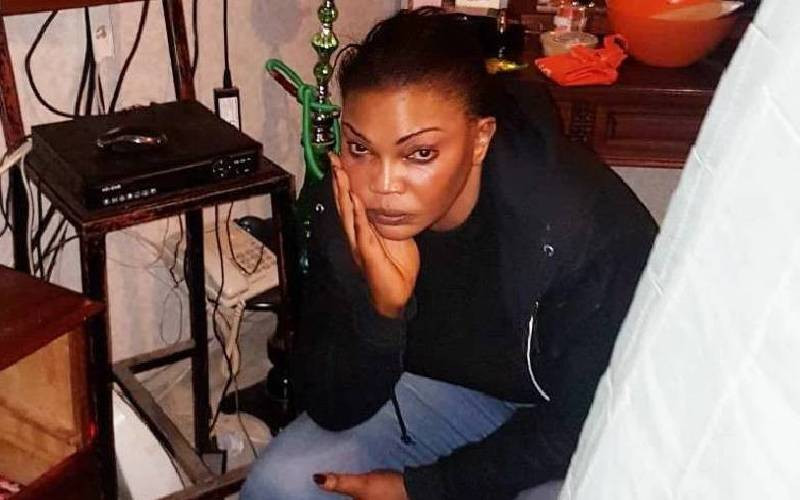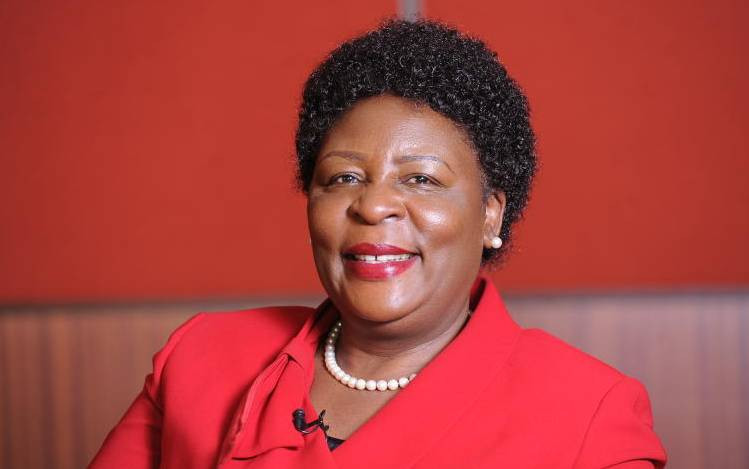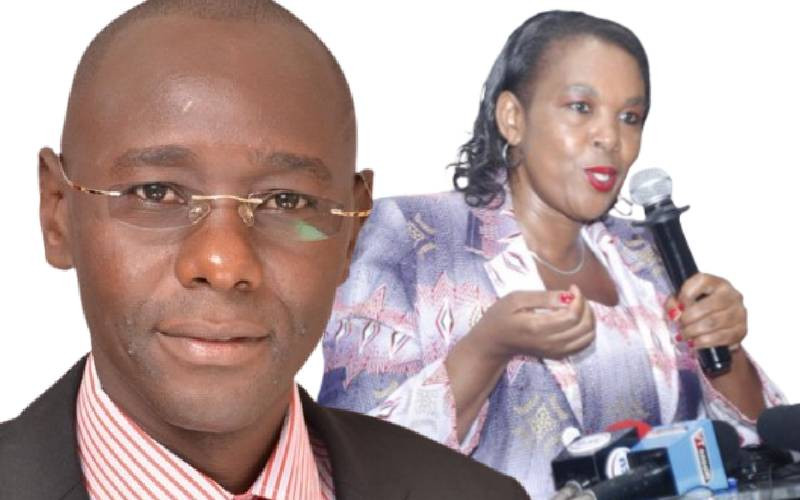The ongoing confirmation hearings for President Trump’s Supreme Court nominee offers useful lessons for Kenya.
For those that may not be familiar with the United States' judicial system, the Supreme Court is America’s senior most court. In the years it has existed, the American Supreme Court has been responsible for adjusting and ordering American Society more than any other institution, including the Presidency.
It has waded into the most controversial social and political questions and has never shied from shaping America’s political and social path. In the social sphere, we remember the court for famous decisions like Brown vs Board of Education, which ended school segregation and Roe vs Wade, which allowed abortion early in a pregnancy.
In the political arena, the court fundamentally liberalised the terrain of campaign financing and gave the Republicans the Presidency in the Bush vs Gore decision. In commerce, it put a stop to monopolies in the 1911 case of Standard Oil vs USA. What makes the court such a politically significant institution is the mode of appointment of its judges and their tenure.
Unlike in our case where judges are substantively appointed by the Judicial Service Commission (JSC) with no requirement for parliamentary approval, US Supreme Court judges are nominated by the President and approved by the Senate.
The influence of politics on the court is therefore pervasive. Furthermore, unlike our Supreme Court, where judges retire at 70, the US court judges serve for life. A judge appointed at age 50 can impact the course of American issues for decades.
Consequently, every US President desires to determine the character of the court by appointing judges who are ideologically attuned to his politics. Republicans will appoint conservative judges while Democrats appoint liberals. In the recent past, the court has been evenly balanced between conservative and liberal judges until the recent retirement of a centrist judge opened the possibility of a Trump appointee who would tilt the balance in favour of the conservatives.
This explains why many Republicans, even when they have a problem with Trump’s ethics, will look the other way if only for the opportunity to appoint a truly conservative judge who may deal with critical social and religious issues.
The most current of this include reversing Roe vs Wade and the gays and lesbians issue, both of which are headed to the court. Because of his presumed stand on these issues, Trump’s nominee Brett Kavanaugh has received unprecedented opposition from the Democrats.
Republicans however have a majority in the Senate, and an approval looked assured until allegations of sexual assault by Kavanaugh appeared. While in previous years this sort of claim would have been laughed out of town, in this #MeToo season, there’s no empathy on sexual assault issues.
What complicates the equation for the Trump administration is the looming mid term elections which may remove the Republican majority in the Senate, making it difficult for Trump to get Senate approval for a strongly conservative judge. The stakes are inordinately high.
I share this narrative to outline lessons that we can learn from the US system. The first is an honest acceptance that superior courts like the Supreme Court, whose decisions impact society greatly, and from which there is no appeal, are inherently political and ideological.
The pretense in Kenya that judges are apolitical and ideology-neutral is arrant nonsense. I would rather we accepted the political and ideological reality and sought a balance instead of risking latent ideology dangerously tilted to one side.
Secondly is the need for a serious approval process. Anyone who has watched the Kavanaugh confirmation hearings is embarrassed by Kenya’s pretense at approval, in our case of the CJ and his deputy.
Finally, our Supreme Court must rise to the occasion and not shy away from resolving critical social political issues of today’s Kenya. With many parliamentarians going to the highest bidder in an opaque process, a competent, ethical, mature Supreme Court may be just what Kenya needs in our transition to a fully functional democracy.
Stay informed. Subscribe to our newsletter
-The writer is an advocate of the High Court of Kenya
 The Standard Group Plc is a
multi-media organization with investments in media platforms spanning newspaper
print operations, television, radio broadcasting, digital and online services. The
Standard Group is recognized as a leading multi-media house in Kenya with a key
influence in matters of national and international interest.
The Standard Group Plc is a
multi-media organization with investments in media platforms spanning newspaper
print operations, television, radio broadcasting, digital and online services. The
Standard Group is recognized as a leading multi-media house in Kenya with a key
influence in matters of national and international interest.
 The Standard Group Plc is a
multi-media organization with investments in media platforms spanning newspaper
print operations, television, radio broadcasting, digital and online services. The
Standard Group is recognized as a leading multi-media house in Kenya with a key
influence in matters of national and international interest.
The Standard Group Plc is a
multi-media organization with investments in media platforms spanning newspaper
print operations, television, radio broadcasting, digital and online services. The
Standard Group is recognized as a leading multi-media house in Kenya with a key
influence in matters of national and international interest.







